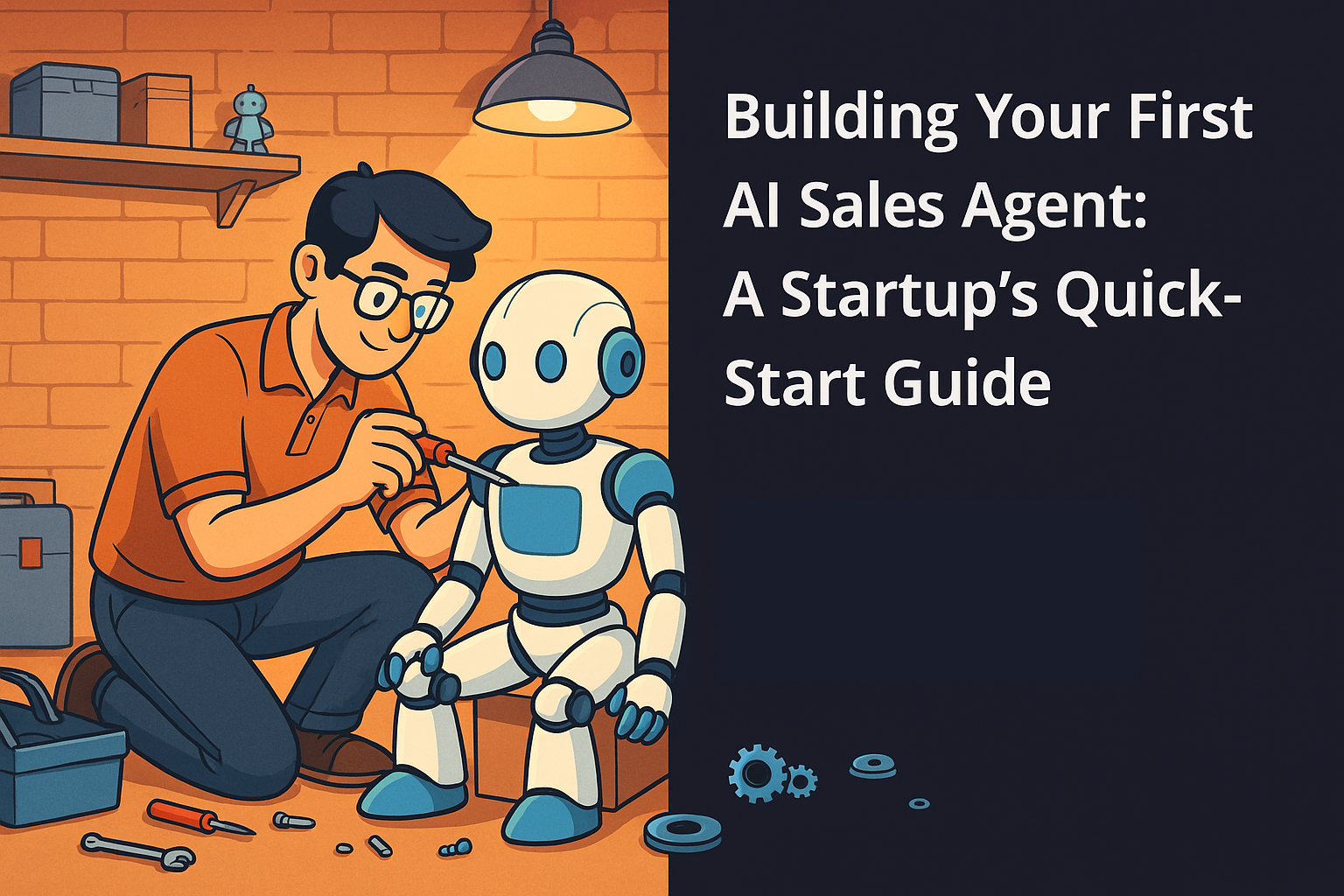Every second counts when building a startup, having a strong elevator pitch on deck can sometimes be the key to securing funding. Creating your elevator pitch for venture capitalists means that you must craft a concise and compelling summary of your business idea/company. It should spark interest and leave an investor wanting to hear more. Your goal when creating your elevator pitch for VCs is highlighting why the company exists, what it solves, and how it can be successful. And you need to do all that in 30 seconds to 2 minutes.
Why Elevator Pitches Matter
VCs hear tons of pitches. Creating your elevator pitches for VCs is important in order to make a meaningful impression. A great pitch will demonstrate a vision and focus. If you can illustrate the value of your business, you will stand out and increase the chances of getting a follow up meeting.
Key Components of an Elevator Pitch
When creating your elevator pitch for venture capitalists, include these key elements:
- The Hook: Capture attention with an interesting fact or bold statement.
- Problem Statement: Clearly define the problem your business solves.
- Solution: Briefly explain how your product or service addresses the problem.
- Market Opportunity: Show the market potential and scalability.
- Competitive Advantage: Highlight what sets you apart from competitors.
- Call to Action: End with a specific ask, like a meeting or funding request.
Tailoring Your Pitch for VCs
VCs care most about scalability, growth potential, and ROI. When creating your elevator pitch for venture capitalists, it is important that you show how your startup will achieve these things.
Delivery and Practice
Delivering your pitch confidently is just as important as creating your elevator pitch for venture capitalists. Practice until it’s smooth and natural, focusing on clarity, energy, and professionalism. Be ready to answer follow-up questions about your business model, market opportunity, and growth strategy.
Common Mistakes to Avoid
- Being Too Vague: Avoid generalities and buzzwords—be specific.
- Overloading Information: Keep it concise. Focus on key points.
- Focusing Solely on Product: Emphasize the business opportunity, not just the product.
- Forgetting the Call to Action: Always end with a clear, actionable request.
Final Thoughts
Creating your elevator pitch for VCs is a critical and important step for startup founders.. A well-structured, concise pitch increases your chances of standing out and securing valuable opportunities. Focus on clarity, address scalability, and practice your delivery to make the most of every chance you get.


.jpg)


.svg)